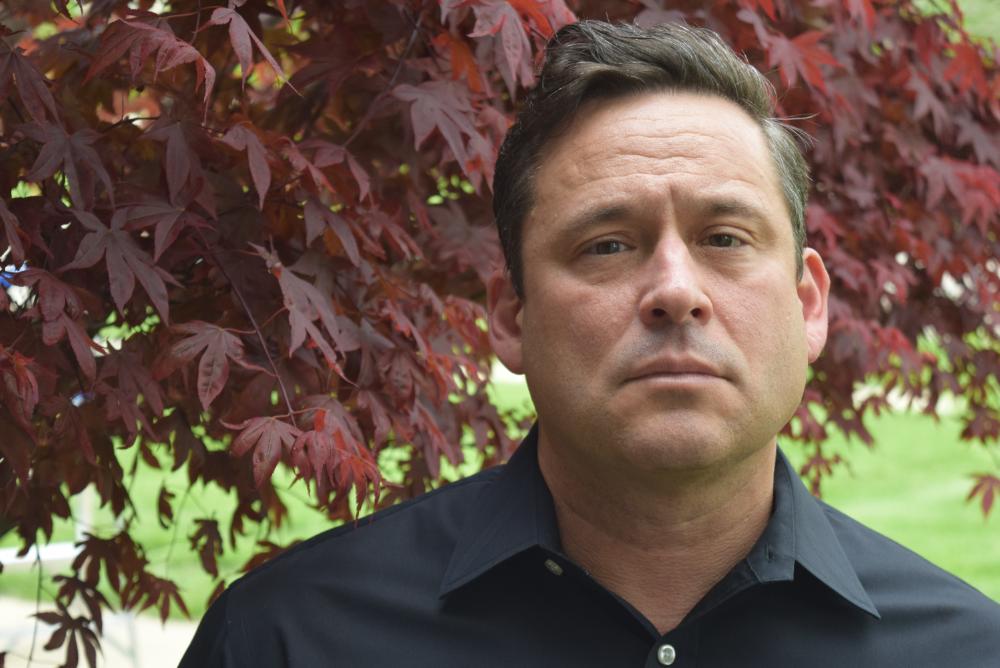W&M Featured Events
[PAST EVENT] “Unthinkable History: the American Settler State and the Political Economy of Plunder”
Access & Features
- Open to the public
- Registration/RSVP

The American Republic was founded as a nation of settlers struggling to colonize Native North America. This project began as an extension of the original European colonial project in the western hemisphere, imagined as the discovery of a New World. Both the original colonial scheme, and the one undertaken by the United States, imagined North America as unsettled wilderness, and imagined colonization as a civilizing mission. Framed in this way the expansion of the republic beyond the original thirteen states into the western interior could be imagined as a benign conquest of nature, when in fact it was an audacious colonial project—a grandiose scheme to steal a continent. However, a theft this bold would require more than merely a plan for colonial subjugation, it would require a colonial power willing to organize itself around a political economy of plunder. It would require a totalizing colonial project that would make an Indigenous history of North America unthinkable.
Michael Witgen is a professor in the Department of History and the Center for the Study of Ethnicity and Race at Columbia University, and the Director of the Lehman Center for American History. He is a citizen of the Red Cliff Band of Lake Superior Ojibwe. Witgen studies Indigenous and Early American history with a particular focus on the Great Lakes. His publications include “An Infinity of Nations: How the Native New World Shaped Early North America, (Philadelphia: University of Pennsylvania Press, 2012), and Seeing Red: Indigenous Land, American Expansion, and the Political Economy of Plunder in North America (Omohundro Institute with the University of North Carolina Press).
Founded in 1943, the Omohundro Institute is an independent research organization sponsored by W&M and Colonial Williamsburg. We support the scholars and scholarship of vast early America—a term we use to describe the capacious histories of North America and related geographies from the 1450s to the 1820s.
Contact
Martha Howard
